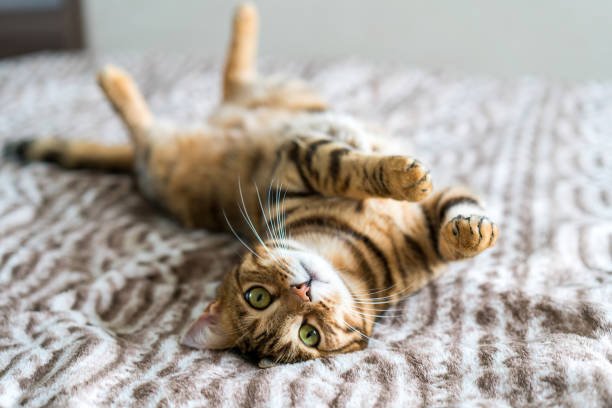Table of Contents
Diabetes mellitus in cats and cats is one of the most common diseases of the hormonal system, which is based on a violation of carbohydrate metabolism.
Pathology is mainly found in older animals, more often in neutered cats than in cats. In this article, I will talk about should I euthanize my cat with diabetes? So, let’s know.
How Long Do Cats Live With Diabetes?
According to current research and statistics, cats can go into long-term remission with diabetes. If the cat does not have concomitant diseases, lacks body weight, insulin therapy is prescribed in a timely and correct manner, and a home-cooked diet is observed, then there is every chance of recovery.
By recovery, we mean remission – normal blood sugar levels and good cat health without requiring insulin injections. Unfortunately, sooner or later, feline diabetes comes back.
With stress, injuries, infections, and the development of other diseases of the internal organs, a relapse of diabetes mellitus can occur, and this is a matter of time.
Should I Euthanize My Cat With Diabetes?
Many cats develop diabetes mellitus when they do not respond adequately to insulin and do not produce enough insulin in their pancreas. This means that glucose cannot leave the blood, enter the body’s cells, and be used as the primary energy source.
In the cat’s body, muscle and fat begin to break down as alternative energy sources.
This leads to the fact that the cat eats more, but its body weight decreases. At the same time, the blood glucose curve rise because they cannot leave the bloodstream and enter the body’s cells.
If the veterinarian advises euthanasia, and you are not sure that it is worth doing, consult with several specialists from different veterinary clinics.
Veterinary medicine is far from being developed as well as human medicine, so where one veterinarian is powerless, a veterinarian from another clinic can help and prolong the life of your pet for a long time.
Euthanasia of a particular cat at home is somewhat more expensive than euthanasia in the clinic. The advantage of doing this procedure at home is that the animal will not experience stress before death due to a trip to the clinic.
If you euthanize a sick animal at home, then it will calmly depart into its familiar environment without understanding anything. The disadvantage of carrying out euthanasia at home is a lot of stress for the owner, with the consent of which the whole procedure will be carried out.
Subsequently, at home, he will much more often remember his pet who passed away prematurely than if he died in the walls of a veterinary clinic.
How is Cat Euthanasia Performed?
Pet euthanasia is a process that has been tried and tested many times over by veterinary clinicians, as it is often used as a last resort for incurable diseases that cause great suffering to pets.
This procedure is carried out in two stages. First, the animal is injected with a drug, which falls into a deep narcotic sleep. Then an injection is made of an agent that paralyzes the respiratory center and provokes cardiac arrest.
Usually, veterinarians give the first injection in the presence of the animal owner, and before administering the second drug, ask him to go to another room.

To do euthanasia only with the help of a drug that paralyzes the respiratory center is very inhumane. In this case, the diabetic cat will be conscious and feel suffocated at the time of death.
Therefore, be sure to make sure that before the introduction of a toxic drug, the veterinarian performs anesthesia – this will save the animal, exhausted by the disease, from new torments.
Signs You Should Euthanize Your Diabetic Cat:
When you could no longer see how your cat was slowly and painfully fading away, you should agree to euthanasia. It was very, very difficult to do this. So the signs you should euthanize your diabetic cat are.
- Weakness and lethargy;
- Shiver;
- Staggering (drunk gait);
- Convulsions;
- Loss of consciousness;
- Vomit;
- Frequent urination
- Increased feed intake
Conclusion:
The long-term outlook for diabetic cats varies depending on their age, how easy managing diabetes is to stabilize, whether they have any other medical conditions, and how severe they are.
Most diabetic cats have an excellent quality of life; many can live comfortably with diabetes if the disease is adequately controlled.
Unfortunately, not every sick cat responds well to therapy. So, it is ultimately your choice to euthanize your cat or not.